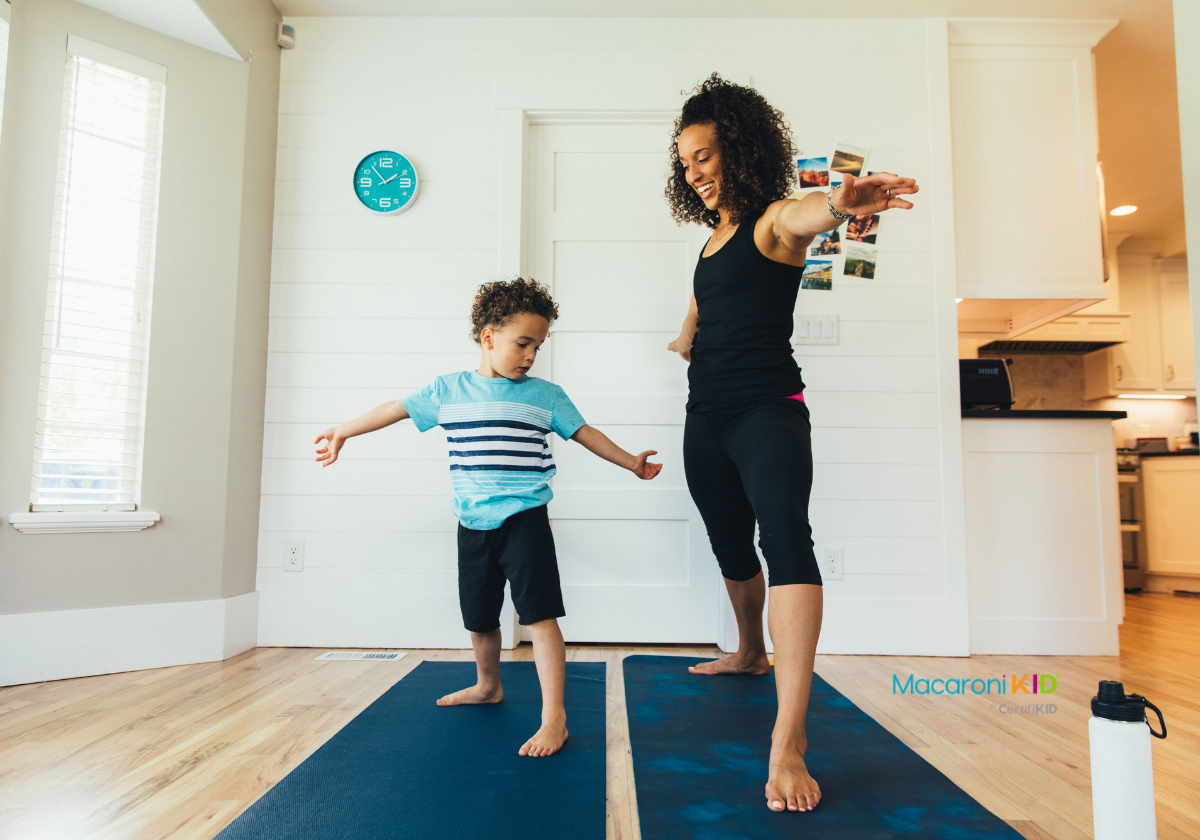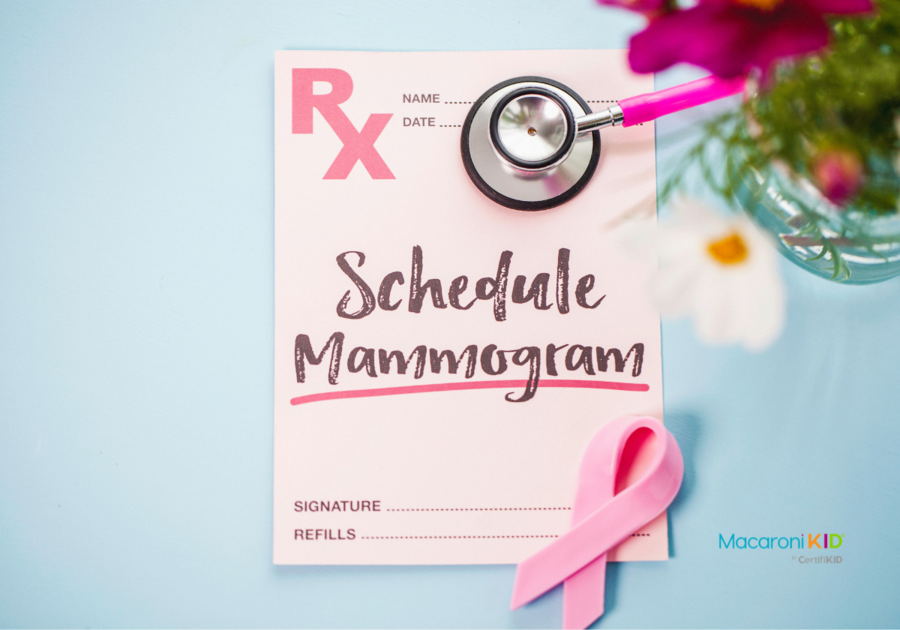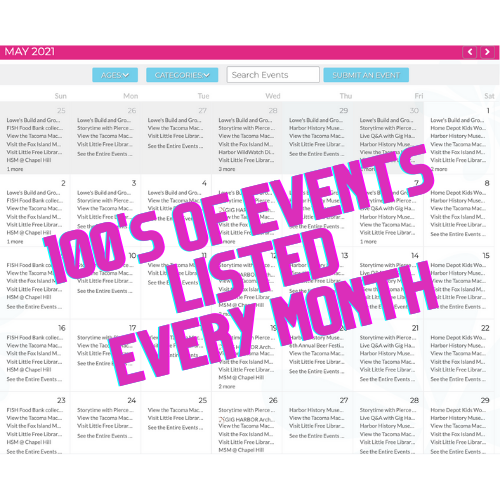One out of eight women will receive a breast cancer diagnosis in the United States in their lifetimes, making breast cancer the most common cancer diagnosed in women.
There are a variety of factors that cause cancer, but, as a breast cancer surgeon, I know there are things we can do to decrease our risk. With October being Breast Cancer Awareness Month, there’s no better time to start taking these steps.
Here are five tips for preventing breast cancer. Be proactive, not reactive!
1. Exercise regularly
Thirty minutes a day of moderate to rigorous exercise, five times per week, helps reduce the risk of various cancers, including breast cancer. Prior breast cancer patients also decrease the risk of having breast cancer come back by making exercise part of their regular routine.
 RichVintage | Canva RichVintage | Canva |
2. Limit alcohol intake
No more than one drink with alcohol per day is ideal to reduce risk. More than one drink a day leads to a higher risk of a variety of cancers, including breast.
Compared to women who don't drink at all, women who have three alcoholic drinks per week have a 15% higher risk of breast cancer — Journal of Clinical Oncology
3. Maintain a healthy weight
Studies have shown that being overweight increases our risk of a variety of cancers, including breast cancer. Small changes you make now can have a big impact on your weight and overall health tomorrow.
4. Make a self-exam part of your monthly routine
Perform self-exams once a month. Too busy? It’s fast and easy to perform self-exams in the shower. Put in a reminder on your calendar on the 1st of every month.
Watch: How to do a self-exam
5. Plan a screening mammogram annually
Start screening mammograms at the age of 40 and every year thereafter. If you have a family member diagnosed with breast cancer, begin mammograms ten years earlier than the age at which the family member was diagnosed.
6. Undergo a formal cancer risk assessment
Everyone, women AND men, should undergo a formal cancer risk assessment by the age of 25, and women should have their lifetime breast cancer risk calculated. Being aware of your risk factors can lead to cancer prevention and increased cancer screening, which saves lives. Talk to your doctor and ask them to refer you to someone who offers cancer risk assessments.
About the author: Katherina Zabicki Calvillo, MD, FACS, FSSO, is a fellowship-trained and board-certified breast cancer surgeon in Boston with nearly 20 years of experience at Dana Farber Cancer Institute and Harvard Medical School. She is the leading founder of the New England Breast and Wellness Medical Center.







